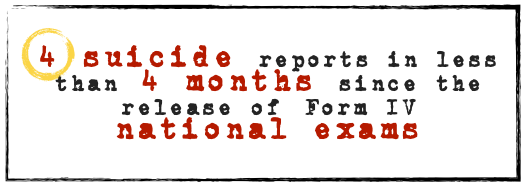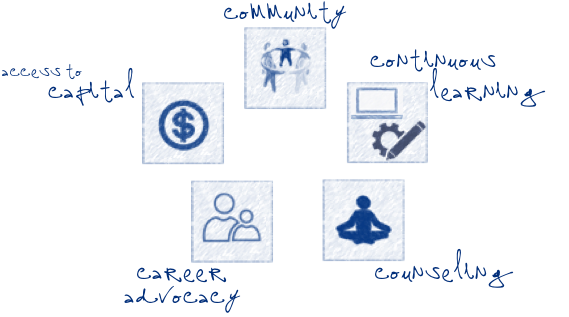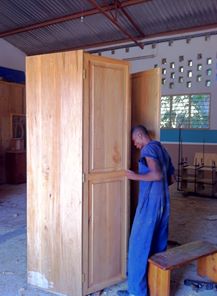
Yet another recent secondary school graduate in Tanzania has committed suicide after receiving his Form IV results, reports allAfrica.com. This tragic loss of life – the fourth death publicized over the last two months since the release of examination results – speaks to the incredible weight of despair felt by students in Tanzania about the link between their life prospects and their performance on national examinations.

The statistics speak for themselves: the education system is broken. While this year’s results were the worst in Tanzanian history – with only 35% of the 367,750 candidates who sat the Form IV exams in October 2012 achieving a pass, and twice as many male students passing as female students – consistently over the past decade, the majority of Tanzanian secondary students have not performed sufficiently well on the national examination to have access to higher education. The next step in the traditional public education pathway would be enrollment in “A-levels” or Advanced Level Secondary School, with the narrowing of studies to three core subject areas, followed by enrollment in a university. However, very few students have the opportunity to follow this path.
In my interview with a member of the Ministry of Education, I was told that unless a students scores Division I or Division II on their national exams – which was approximately 2% of all tested students this past year – there is a very low probability that student will be able to enroll in a government A-Level school.
2012 Results were as follows:
Division I: 1,641 students (0.4%)
Division II: 6,453 students (1.8%)
Division III: 15,426 students (4.2%)
Division IV: 103,327 students (28.1%)
Failed: 240,903 students (65.5%)
There just isn’t enough capacity to meet the need — which means only the top-performing students are able to continue their formal education. The remaining students, which are the wide majority in Tanzania, are left without the life skills, social networks, or access to resources needed to navigate the labor market, pursue alternative educational paths (such as private schooling or college certificate programs), or get plugged into vocational training that would set them up for gainful employment.
What was President Kikwete response? “It is a shock that, even schools with a well-known history of good performance such as seminaries, privately owned as well as old government schools, performed so dismally…we have to find out why.” Strangely, our students in Tanzania report that examination scores have now been withdrawn, and will be “re-released” in November of this year. A curious decision by the Ministry of Education.
Over the last several years, Kujali has worked closely with our secondary school graduates to help design and implement the most effective transitional support services possible so that our students, despite their disadvantaged backgrounds, won’t be met with the same despair that is causing young kids in Tanzania to take their own lives. Learn more about our approach or our “new school” programs in Tanzania >>




